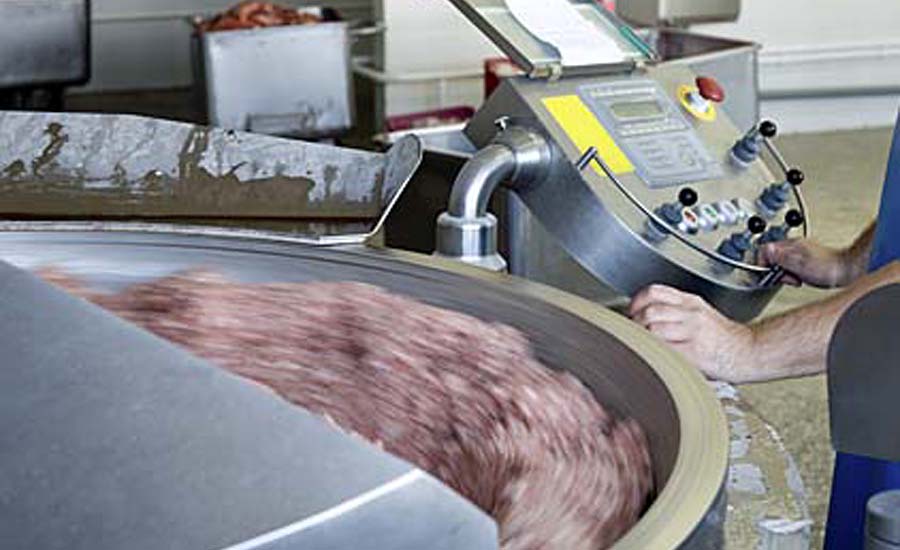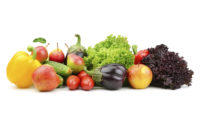From E. coli-infected romaine lettuce to Salmonella-tainted beef, contaminated foods lead to illnesses that sicken as many as one in six Americans annually, according to the U.S. Food and Drug Administration (FDA)’s website. In 2018, this epidemic helped spur major recalls, which caused stores and restaurants to toss millions of pounds of meat and produce. That’s because fundamental flaws in today’s current food safety system have led to a jump in these recalls since 2013, according to “How Safe is Our Food?,” a report released by U.S. PIRG Education Fund, Denver, Colo.
“The food we nourish our bodies with shouldn’t pose a serious health risk. But, systemic failures mean we’re often rolling the dice when we go grocery shopping or eat out,” says Adam Garber, consumer watchdog. “We can prevent serious health risks by using common sense protections from farm to fork.”
Since the passage of the Food Safety Modernization Act (FSMA) in 2011, many types of food recalls have increased substantially. While better science and more thorough investigations under FSMA account for some of the increased recalls, U.S. PIRG found serious gaps in the food safety system throughout the same time period.
Key findings from this year’s report include:
- An 83% increase in meat and poultry recalls can cause serious health problems. U.S. Department of Agriculture (USDA) Class 1 recalls “involve a health hazard situation in which there is a reasonable probability that eating the food will cause health problems or death.” This includes recalls of beef for E. coli, poultry for Salmonella and others.
- Food recalls overall increased by 10% between 2013-2018. From lettuce to meat, the total number of food recalls has increased over the last six years.
- Archaic laws allow meat producers to sell contaminated products. It is currently legal to sell meat that tests positive for dangerous strains of Salmonella.
- Bacteria-contaminated water is used on vegetables and produce. A case study helps demonstrate how irrigation water polluted by fecal matter from a nearby cattle feedlot likely contaminated romaine lettuce with E. coli in the spring of 2018.
“These recalls are a warning to everyone that something is rotten in our fields and slaughterhouses. Government agencies need to make sure that the food that reaches people’s mouths won’t make them sick,” says Viveth Karthikeyan, consumer watchdog associate.









